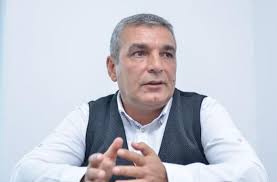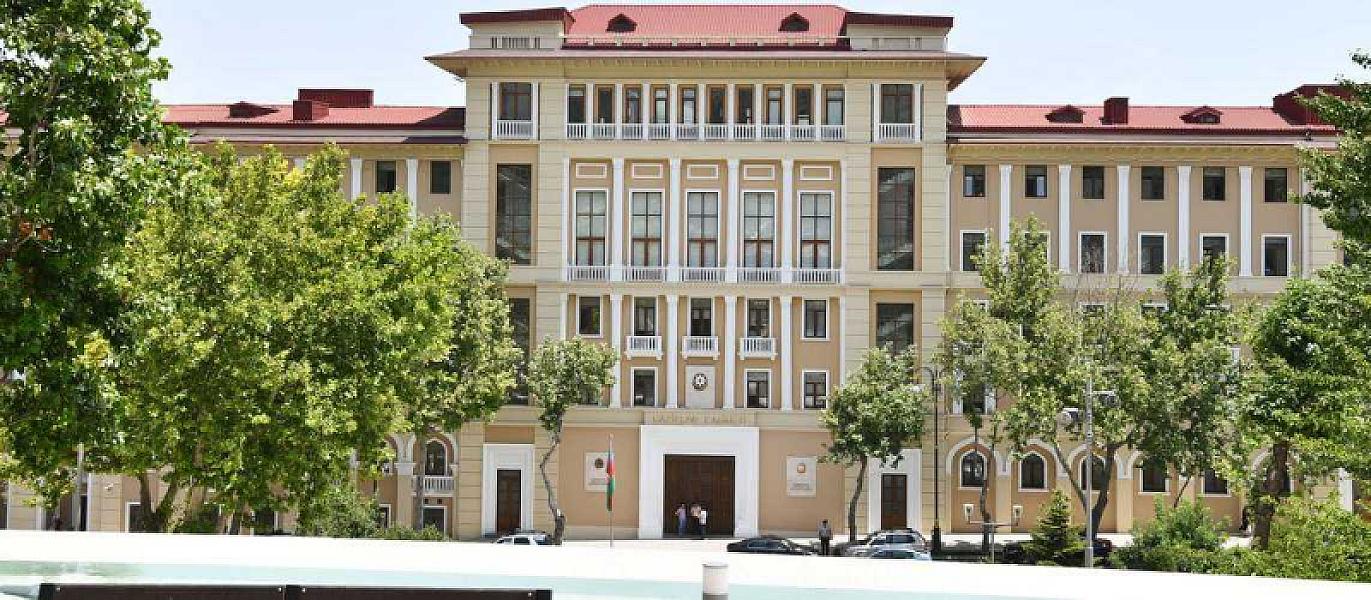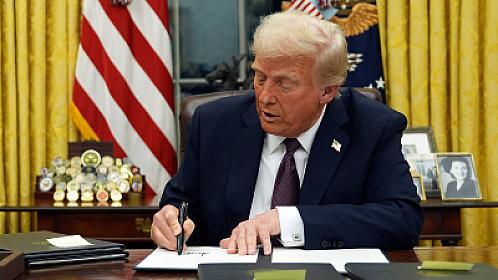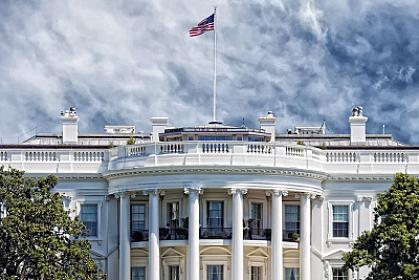For 7 years in Azerbaijan, tax concessions have been applied to the income tax of individuals working in the non-oil and non-state sectors. In fact, although taxes were zeroed out due to the concession, payments to the Social Security Fund (DSMF) increased in return. The concessions will expire at the end of this year – neither the Ministry of Finance nor any other official government bodies provide any information regarding the extension of the tax concessions.
The country's revenues have decreased, expenses have increased – in such cases, opportunities are usually expanded for business so that the rise in economic activity increases tax revenues. It seems that our government does not want to follow this path.
They want to increase the funds flowing into the budget through raising fines, taxes, and utility payments – this is fundamentally the wrong path; it will further contract the economy and reduce people's incomes. When income decreases, expenditures also decrease – therefore, economic activity falls, GDP growth weakens, and the standard of living declines.
Because the government is going down this path, GDP growth in Azerbaijan was only 0.9% in the first 8 months of this year, which is actually an indicator of recession. The weakening of economic activity led to Azerbaijan dropping to last place in the South Caucasus in terms of GDP per capita.
If the government abolishes the tax concessions for individuals (those working in the non-state and non-oil sectors) and returns to the system of 14% tax on salary (income), that would be a huge mistake. The "grey labor market" would once again increase, the number of people working under official contracts would decrease, there would be a serious discrepancy between the salary stated in official contracts and the actual salary, and small and medium entrepreneurs would be forced to lay off more employees.
If they return the 14% tax on individuals, logically they must SHARPLY reduce the DSMF payments, which would greatly decrease the funds collected by the State Social Protection Fund, forcing an increase in the subsidies paid to them. In other words, the government would collect taxes excessively from citizens and then have to transfer those funds to the DSMF, resulting in "paperwork" and increasing citizens' dissatisfaction with the state and government.
Therefore, the government should seriously reconsider – I understand the country's revenues have decreased, expenses have increased, but trying to cover those expenses at the citizen's expense will fail; the economy is already contracting, and after this step, it will shrink even further. For this reason, these tax concessions should be extended for at least another 7 years, and simultaneously, economic freedoms should be expanded...
Natiq Jafarli,
politician, economist








